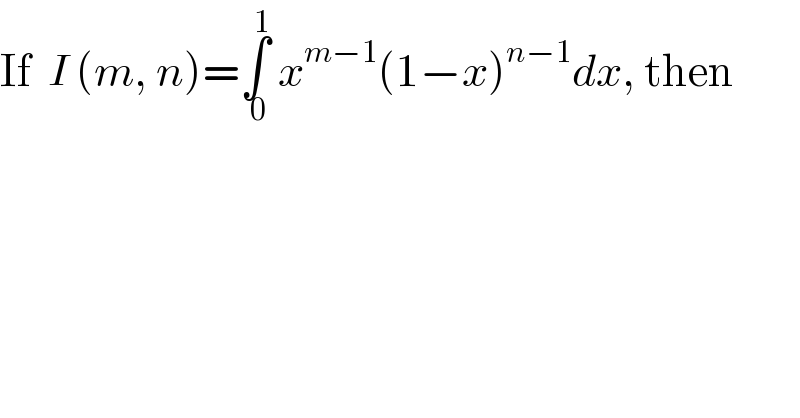
Question and Answers Forum
Question Number 95378 by Fikret last updated on 24/May/20

Commented by Tony Lin last updated on 24/May/20

Answered by mathmax by abdo last updated on 25/May/20

| ||
Question and Answers Forum | ||
Question Number 95378 by Fikret last updated on 24/May/20 | ||
 | ||
Commented by Tony Lin last updated on 24/May/20 | ||
 | ||
Answered by mathmax by abdo last updated on 25/May/20 | ||
 | ||
| ||